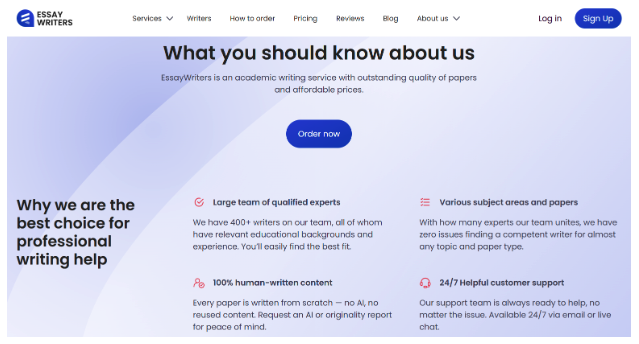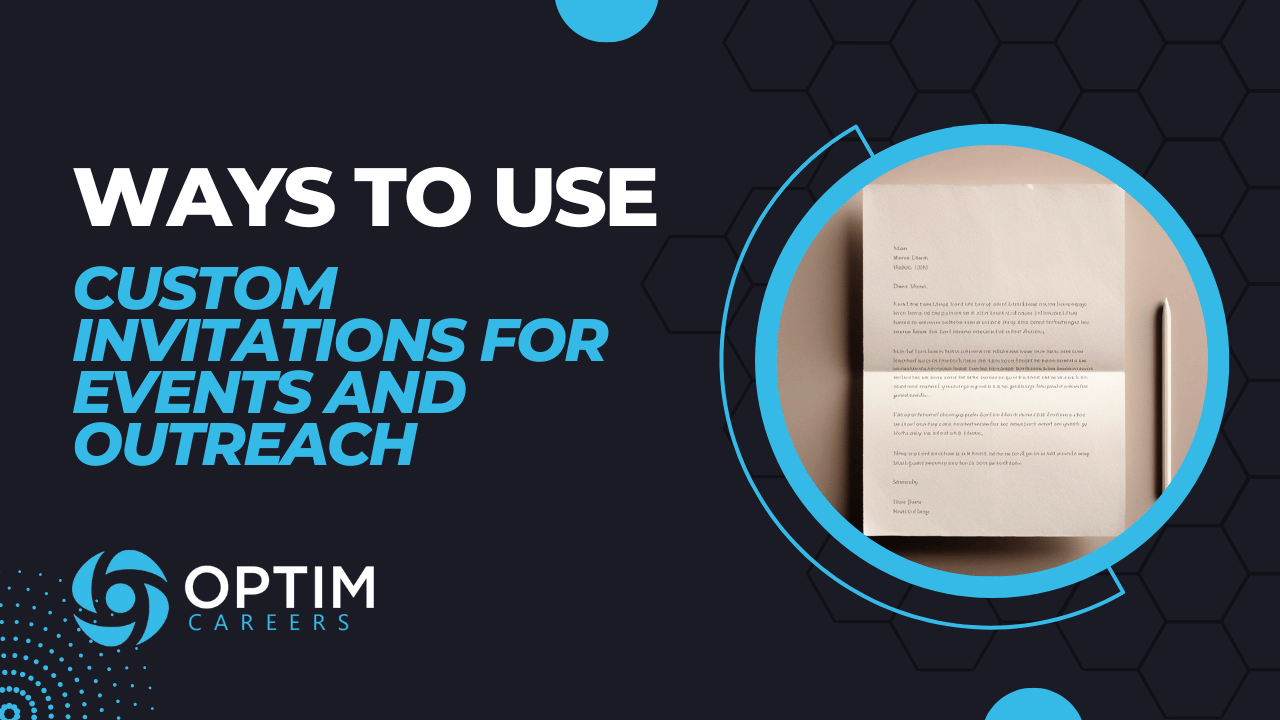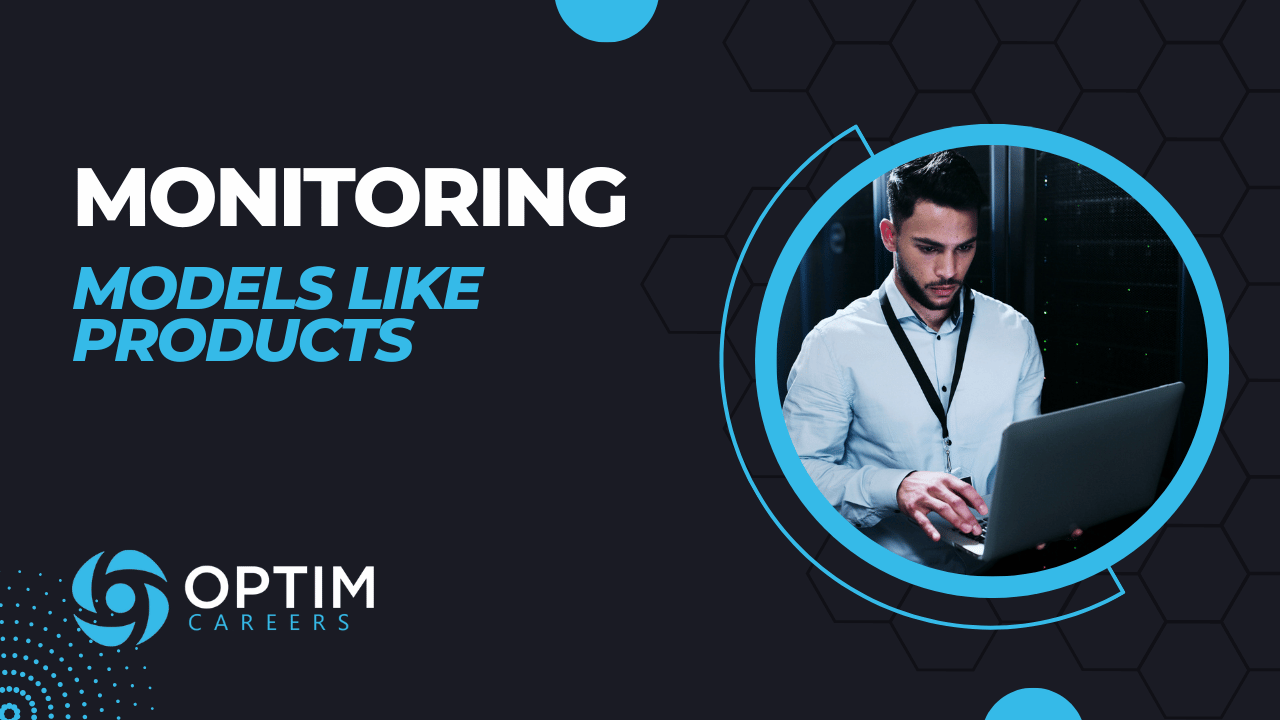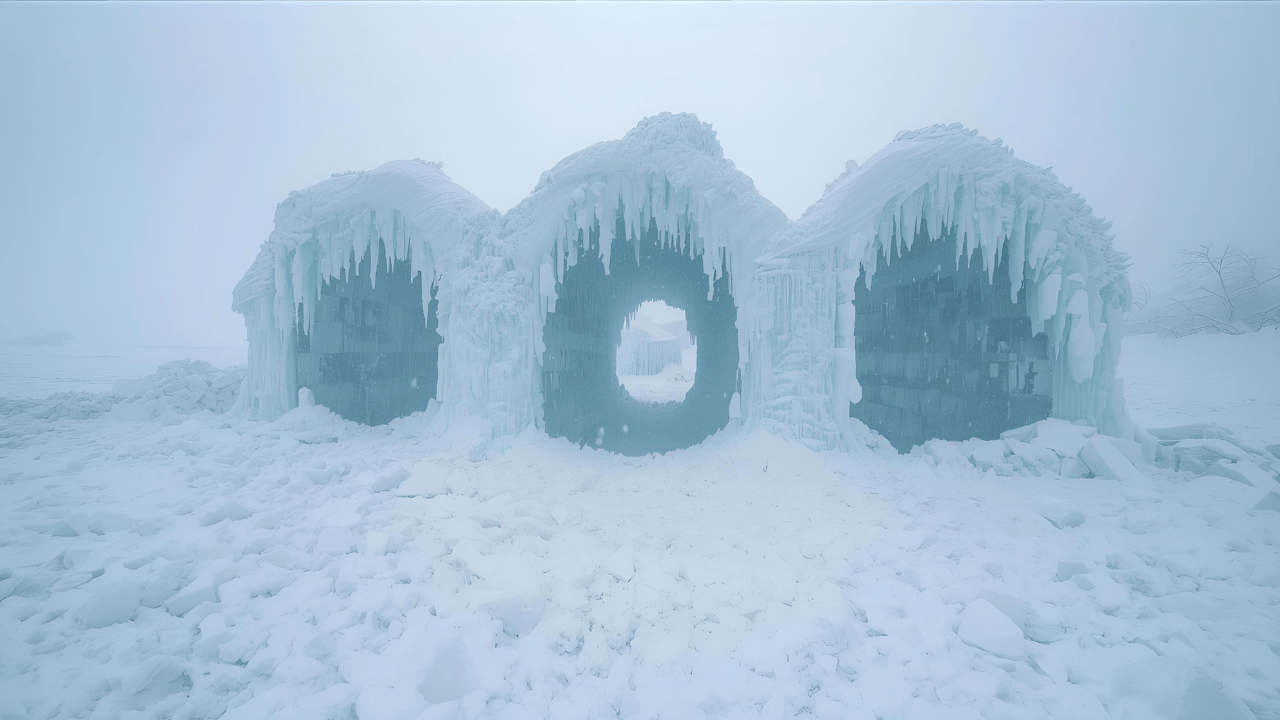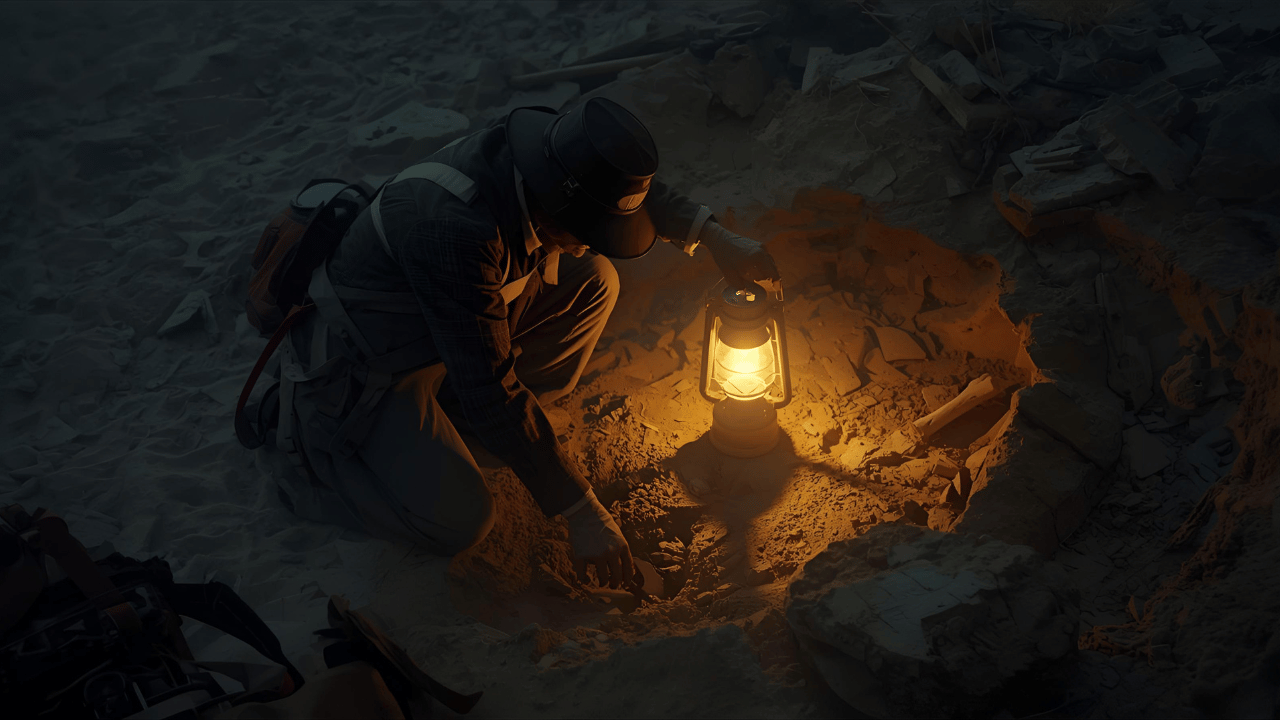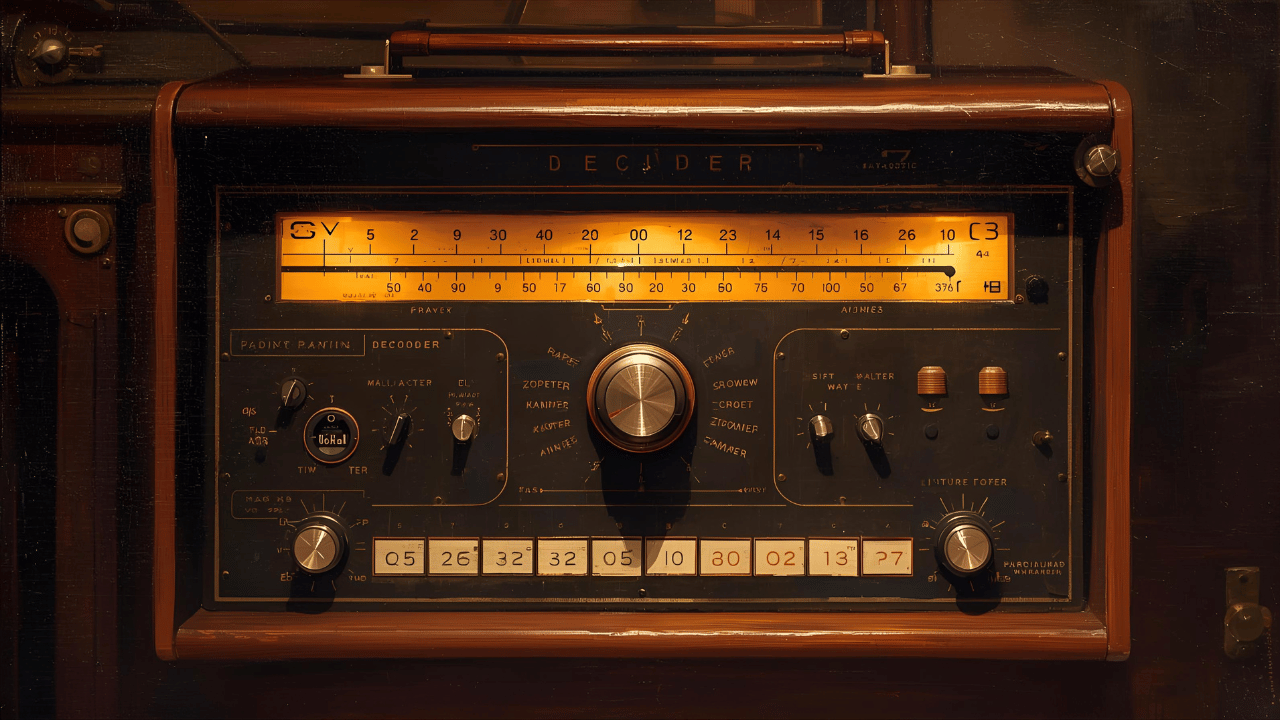Good Questions to Ask at the End of an Interview [20 Questions You Should Ask]
The internet is littered with questions to ask at the end of an interview. The problem with most of them is two-fold. First, by the end of an interview, most people have already made up their minds about your candidacy so asking strategy-based questions at this point is pretty ineffective. Second, most of the questions are too generic or don’t elicit thought-provoking behavior from the interviewer; and therefore, provide very little value to you.
In this article I not only want to leave you with some good questions to ask at the end of your interview, but I also want to establish a purpose for your questions so that the answers are actually helpful to your candidacy and choices.
How Many People Ask Good Questions at the End of an Interview
Look, if you can ask good questions at the end of your interview, you’ll stand out. I’ve been in the recruitment business for over a decade now and take a look at some of these numbers. Fortunately, I like to document everything so I went through and reviewed my interviews to see how many people ask questions.
Interview Statistics
48% of interviewees asked any questions at all at the end of the interview
20% of interviewees asked thought-provoking, unique questions at the end of the interview
12% of interviewees asked good questions throughout the entire interview, including the end
With so few of your peers able to master this skill, if you can ask unique interview questions at the end of your interview, you’ll leave a strong impression on the hiring team. Furthermore, if you can bounce the ball back and forth during the interview and ask good questions throughout the interview, you’ll be even further ahead.
What is the Purpose of Asking Good Questions at the End of an Interview
Most people will ask you if you have any questions for them at the end of an interview. But asking questions simply because you were asked if you have any is not a good reason to ask a question. Not if you want to receive any value from the answer.
Your questions will most likely fit into one or more of these four goals.
Assess Your Fit for the Role
Most people don’t think of interviews this way, but the interviewer shouldn’t be the only one assessing whether you can do the job. You should be doing the same thing throughout the interview as well. If there are any questions you need answered to determine whether you are likely to excel at this job given the current conditions, environment, and expectations, you should ask those at the end of an interview.
Determine If You Want to Do the Job
Even if you have determined that you can do the job, you now must determine if you want to do the job with these people, at this time, under these conditions, with this manager. Ask questions that will help you determine this.
Reconcile Discrepancies in What You Heard
I have two rules I’ve always remembered throughout my recruiting career. Things always change and people always lie. Yes, some hiring managers will bend the truth a little bit or may oversell the job. If there is anything you heard during the interview that doesn’t quite make sense or doesn’t seem right, now is the time to ask a thought-provoking question to try to uncover the truth.
Remember, interviewing is a skill for both you and the interviewer. Asking good questions will help you uncover the truth of the matter. Avoid asking generic questions like, “How would you describe the company culture.” That’s simply not thought-provoking enough to get a good answer. I’ll talk more about this later with some examples.
Gather Feedback for Future Interviews
I’m always amazed at why people wait until after a rejection email to ask for feedback. At that point, it’s too late and you won’t receive any. While this may not be a top goal for asking questions at the end of your interview, it’s still worth asking questions that will give you insight into the hiring decision.
While every hiring manager is different, you may notice trends in what is important to managers in your field. Ask questions to uncover this information and make a note of them.
Questions to Ask at the End of an Interview
Here are some unique, thought-provoking questions you can ask at the end of your interview to qualify yourself, to qualify the company, to dig for information, and to elicit information that could be helpful to you in future interviews. Many of these questions will most likely achieve multiple goals at the same time.
These aren’t your average, run-of-the-mill questions either. Ask these and you’ll sound different (and smart).
Is there anything I said during the interview that you would like me to expand on before I ask a few questions?
You don’t know what you don’t know. What questions am I not asking that I should?
What is one business item that has been on your mind during this interview?
Now that you have the opportunity to hire someone new for this role, what would you like to see changed or done differently?
What is your vision for the department over the next few years and how does that align with the company’s goals?
If I spoke with the last person who was in this job, what would they warn me about?
We’ve talked a lot about the job. What would you say are the top 3 non-negotiable, must-have experiences you need your next hire to have in order to succeed?
Now that we’ve talked quite a bit about my background, what do you think my biggest challenge would be stepping into this role?
If you offered me the job, what would be the main reason I should accept?
Why did you join the company and how long have you been here?
Of those who have been successful in this role, what traits have they demonstrated?
What separates the good employees you’ve had in this role from the great ones?
What is one thing you know about this position that I don’t know and that you think I should know?
What are some of the key financial metrics the company optimizes for?
What are areas of the business that you think the company is behind on, given its stage?
What would 1:1’s be like with my direct manager? What types of topics would we discuss?
If I asked our investors what they were worried about, what would they tell me?
Who is the first person you call when things aren’t going well and you need help turning the ship? Why that person?
How are decisions made about what work needs to be done?
What are the next steps in the process? What is your timeline to fill this position?
Slightly Riskier Questions to Ask at the End of an Interview
These are some questions you’ve probably seen before. Many people suggest using these to close your interview, but I find most of them risky. It’s not that you can’t ask these questions, but before you do make sure you’ve built a good rapport and the interview is going well enough that someone would feel comfortable answering them.
Making people feel comfortable is how you will get hired. So judge your audience carefully.
How do I compare with other candidates you’ve interviewed for this role?
Is there anything else I can provide to help you with your decision?
Do you have any hesitations about my background or skills in relation to this position?
Do you have any concerns about me stepping into this role?
Are you ready to offer me the job?
How Many Questions Can I Ask at the End of an Interview
To answer this question you need to know how to read your audience. Most people can tell when they’ve asked their last question. A lot of career guides will say to ask no more than 3 questions at the end of an interview. That may be accurate if you’re asking poor questions, but for many of us, we’ll ask more than that and the interviewer will welcome it.
A good rule of thumb is to keep your number of questions proportional to the amount of information that the interviewer is sharing about themselves, their team, and their company. This creates a back-and-forth dialogue and won’t feel like an interrogation. This means you can ask more questions.
You don’t need to ask all 20 questions on my list either. Ask the ones that you need the answers to. And ask as many as the interviewer is comfortable answering.
What Do You Ask If All Your Questions Were Answered During the Interview
Don’t ask questions simply to ask questions. You need a purpose for each question you ask. With that being said, I find it difficult to believe that all 20 questions I listed would be answered before the interviewer asks if you have any questions.
But if you’ve already determined whether you can do the job, if you want to do the job with these people, and you don’t need feedback, then it would be appropriate to let the interviewer know that they’ve been very thorough and were proactive at answering all the questions you had.
Should I Ask About Salary and Benefits at the End of the Interview
If this is your first interview or phone screening, then yes I think it is appropriate to ask about these items before you end the interview. It probably wouldn’t be my first question, but it would be one of them.
You could say, “We’ve covered a lot today and I’m very interested in moving forward in this process with you, but before we do, I want to make sure that the salary and benefits are in alignment with my goals. I’m currently entertaining interviews with companies paying between $X and $X. Could you tell me about the salary and total compensation for this role?”
If this is not your first interview, I would refrain from asking every hiring manager and coworker about the salary and benefits package. I think compensation should be discussed preliminarily during the first conversation so as not to waste anyone’s time and then again at the offer stage.
Tips to Asking Good Questions at the End of an Interview
Demonstrate to the interviewer that you’ve been actively listening to what they have said and that you can read between the lines. Your questions are a great way to demonstrate your communication abilities.
Leverage your personal experiences when asking questions. “When I was at X company, this happened, how are you handling similar situations.”
Ask smart questions that aren’t your typical run-of-the-mill questions. Everyone asks generic questions so when someone asks a unique question, it’s memorable.
Don’t ask about things you can find online, but feel free to ask the interviewer to expand on insight into the company based on what you’ve already found out (either online or through the interview).
Steer clear of common interview questions such as “What is the work culture like?”
Don’t be afraid to ask about a typical day and the day to day functions of how work gets done. In fact, knowing how work gets done is one of the most important things you need to know before working for the company should a job offer come your way.
Research the company website, bios, EDGAR, and even LinkedIn to answer as many questions as you can before your interview.
If you’re struggling with which questions to ask, always ask about how they measure success and what a successful employee looks like to them. This is key feedback for future interviews (long term) and will give you insight into how likely you are to move forward.
Good Questions to Ask at the End of an Interview Recommended Reading
Unique Interview Questions to Ask Employers [From Hiring Managers Who Were Impressed]
24 Signs You Will Get the Job After an Interview
Describe Your Leadership Style [Interview Question and Answers]
Cole Sperry has been a recruiter and resume writer since 2015, working with tens of thousands of job seekers, and hundreds of employers. Today Cole runs a boutique advisory firm consulting with dozens of recruiting firms and is the Managing Editor at OptimCareers.com.





